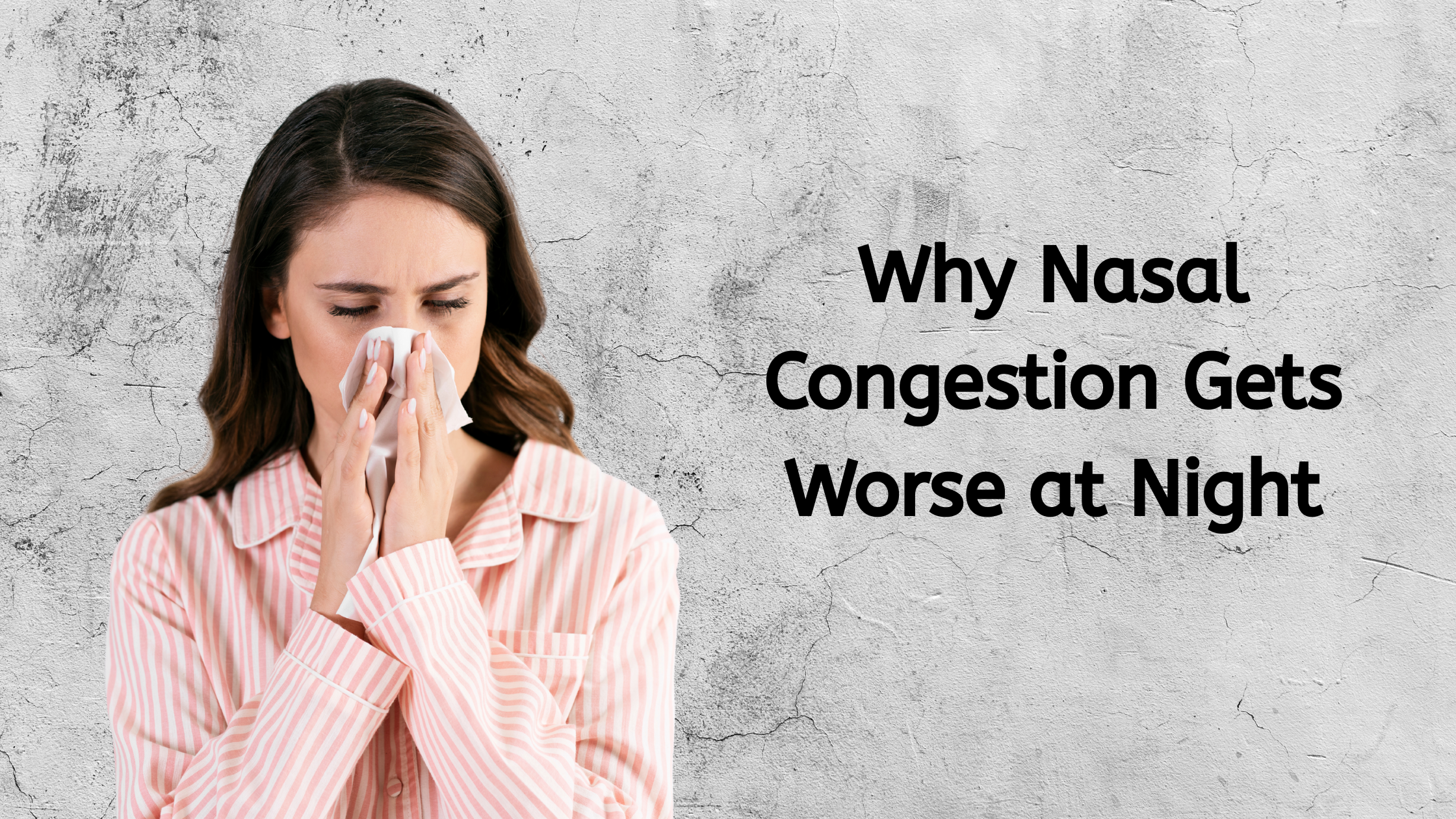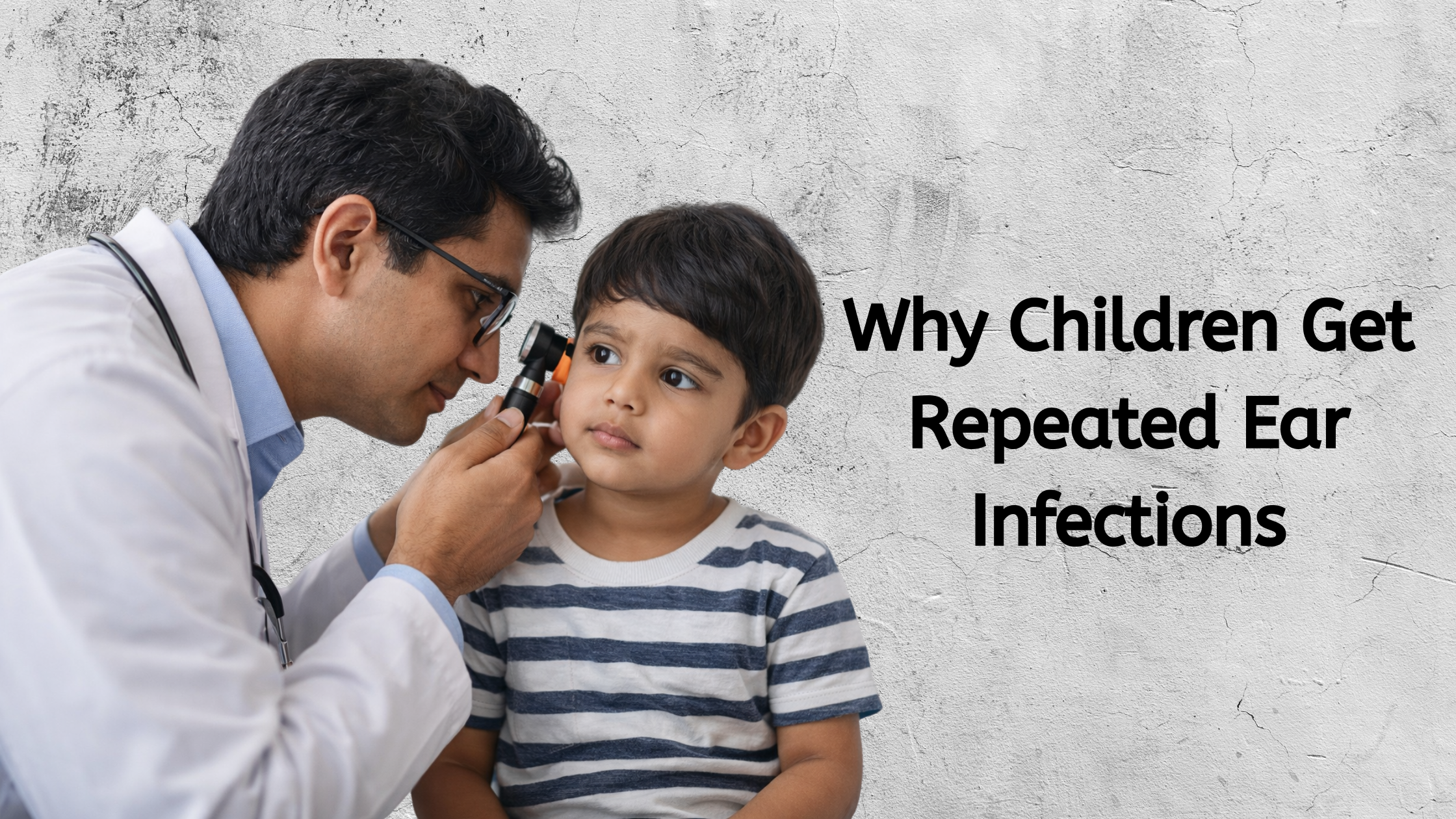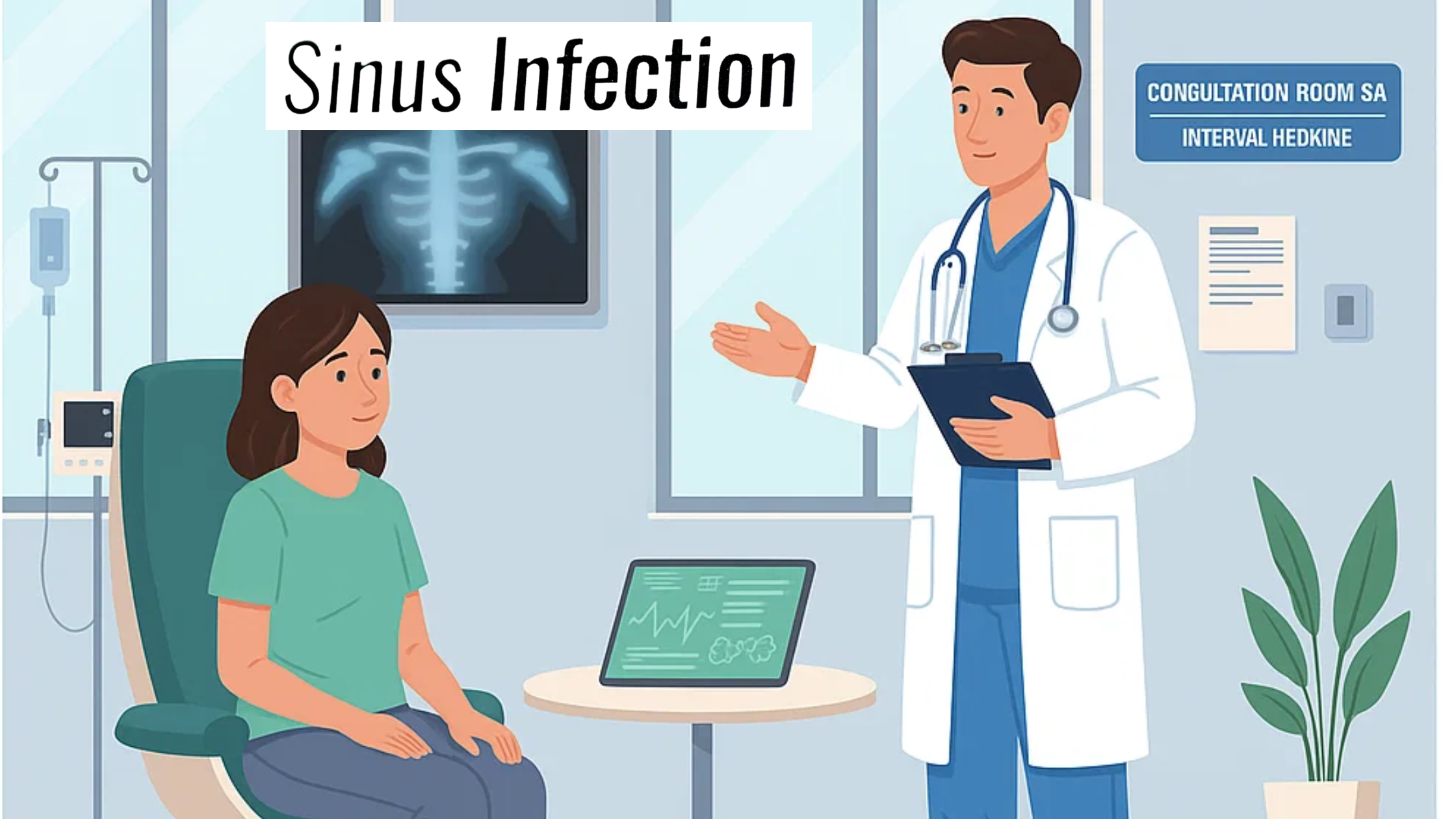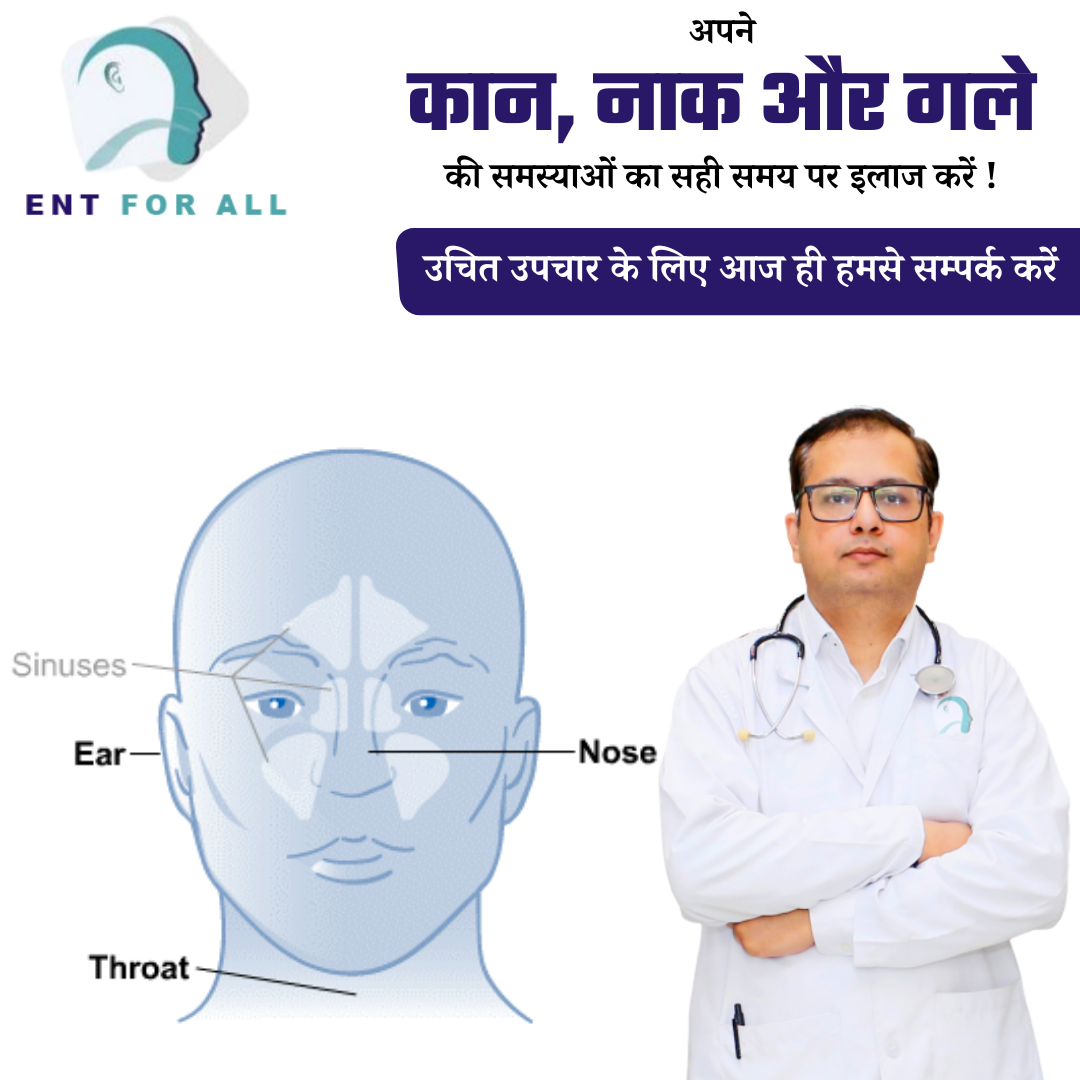🌧️Why Throat Infections Spike During the Monsoon
The rainy season brings much-needed relief from the scorching heat, but along with it comes a surge in seasonal illnesses, especially throat infections. From school children to office-goers, many experience sore throats, difficulty swallowing, and hoarseness during this time of year. But have you ever wondered why?
The answer lies in the combination of humidity, temperature fluctuations, and increased microbial activity. Understanding how to prevent and treat throat infections in the monsoon can help you stay healthy and avoid unnecessary discomfort. In this blog, we explore the causes, symptoms, prevention tips, and treatment options to manage throat infections during the rainy season.
🦠 What Happens to Your Throat in Rainy Weather?
The high humidity levels in the monsoon season create an ideal environment for bacteria and viruses to thrive. At the same time, frequent exposure to cold air conditioning, sudden weather changes, and poor ventilation lowers your immunity and weakens your throat’s natural defense.
Here’s how it affects your respiratory tract:
- Dry indoor air (from ACs) irritates the throat lining.
- Damp outdoor conditions promote mold and allergens.
- Weakened immunity allows infections to set in easily.
📝 Tip: If you experience a sore throat during the rainy season frequently, it’s time to revisit your daily hygiene and dietary habits.
🧫 Common Causes of Monsoon Throat Infections
Understanding the root causes is the first step toward prevention. Here are the most common reasons behind throat infections in the rainy season:
- Viral Infections: Such as rhinovirus, influenza, or adenovirus, which spread easily in damp weather.
- Bacterial Infections: Especially streptococcal infections, which can cause tonsillitis or strep throat.
- Contaminated Food or Water: Street food, unboiled water, and cold drinks can introduce harmful microbes.
- Sudden Temperature Swings: Moving from humid outdoors to cold indoors stresses the throat lining.
- Indoor Mold & Ventilation Issues: Poor air circulation leads to allergen buildup.
❗Symptoms You Shouldn’t Ignore
Watch out for these early warning signs of monsoon-related throat infections:
- Persistent sore throat or irritation
- Pain or difficulty while swallowing
- Swollen tonsils or lymph nodes
- Voice changes or hoarseness
- Accompanied by fever, cough, or fatigue
These viral throat infection symptoms can worsen if ignored, especially in children or those with weaker immunity.
👨👩👧👦 Who is Most at Risk?
Throat infections during the monsoon don’t affect everyone equally. People at higher risk include:
- Children and the Elderly: Weaker immune systems make them more susceptible.
- People with Respiratory Issues: Asthma, sinus, and allergy sufferers face more complications.
- Office-Goers: Constant exposure to AC and public environments increases infection risk.
- Low Immunity Individuals: Nutritional deficiencies or chronic illness lower the body’s defense.
✅ Top Prevention Tips for Throat Infections During Monsoon
The good news? Throat infections are highly preventable with some simple lifestyle changes. Follow these rainy season throat care tips:
- 💧 Drink only purified or boiled water
- ❌ Avoid chilled beverages and street food
- 🧣 Keep your throat covered with a scarf in cold air
- 🧂 Gargle with warm salt water every evening
- 🍋 Take Vitamin C and herbal teas regularly
- 🧘♀️ Practice breathing exercises and get enough rest
These actions significantly lower the chances of developing monsoon throat infection risks.
🏠 Effective Home Remedies to Soothe a Sore Throat
Natural remedies can provide quick and effective relief for mild infections:
- Ginger-Honey Tea: Soothes inflammation and fights infection.
- Turmeric Milk: Boosts immunity and relieves throat pain.
- Tulsi & Clove Decoction: Antimicrobial and warming.
- Steam Inhalation: Clears mucus and improves airflow.
- Salt Water Gargles: Reduces swelling and bacterial load.
These home remedies for a sore throat in the monsoon are safe and easily available.
👨⚕️ When to Visit a Doctor?
It’s important to consult an ENT specialist when:
- Throat pain lasts more than 3 days
- You have a high fever or see white patches/pus
- Difficulty breathing or swallowing
- Recurrent sore throat issues
- You suspect complications like tonsillitis or sinusitis
Seeking expert care early prevents more serious ENT-related problems.
🧪 Expert Treatment Options Available at ENT FOR ALL
At ENT FOR ALL, we offer comprehensive care for all throat-related ailments. Our treatments include:
- ✅ Clinical Diagnosis: Throat swab, blood tests, and physical exams
- 💊 Medication: Targeted antibiotics, antivirals, nasal sprays, and lozenges
- 🛡️ Immunity Boost Plans: For those prone to seasonal infections
- 💬 Long-Term Care: For recurring issues, lifestyle corrections, and allergy control
🔗 Book a consultation with our ENT experts today for accurate diagnosis and treatment.
📢 Conclusion: Stay Protected & Speak Clearly This Monsoon
Throat infections in monsoon are common, but preventable. With early care, simple home remedies, and expert consultation, you can enjoy the rainy season without discomfort.
✅ Stay hydrated
✅ Avoid temperature shocks
✅ Boost your immunity
✅ Don’t ignore throat irritation
💬 Need Help? ENT FOR ALL Is Just a Click Away!
Struggling with throat issues this monsoon? Don’t ignore the signs — get expert care at ENT FOR ALL, Rajasthan’s top-ranked ENT clinic.
👨⚕️ Led by renowned surgeon Dr. Sushant Joshi, our team specializes in advanced throat infection treatment and complete Ear, Nose, and Throat care, located in Udaipur.
🏥 Your Trusted ENT Care Partner in Udaipur
From deafness and allergy treatments to advanced voice and nasal care, we are proud to be recognized as the most trusted ENT center in the region.
✅ Best ENT Hospital in Udaipur
✅ Renowned for Successful ENT Surgeries Across Rajasthan
✅ Expert Diagnosis, Advanced Technology, Compassionate Care
📞 Call now or book online — because your health deserves expert care.
















